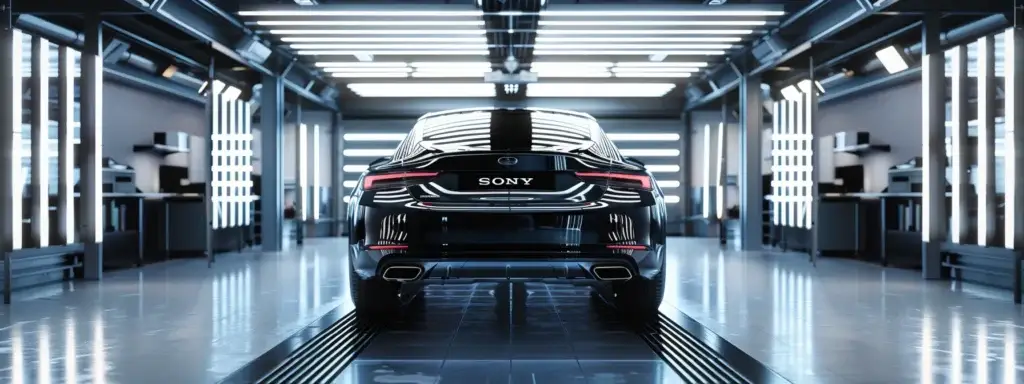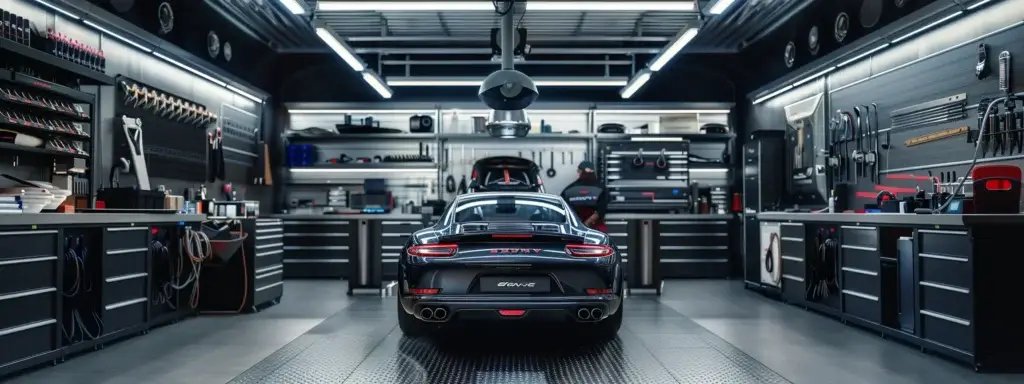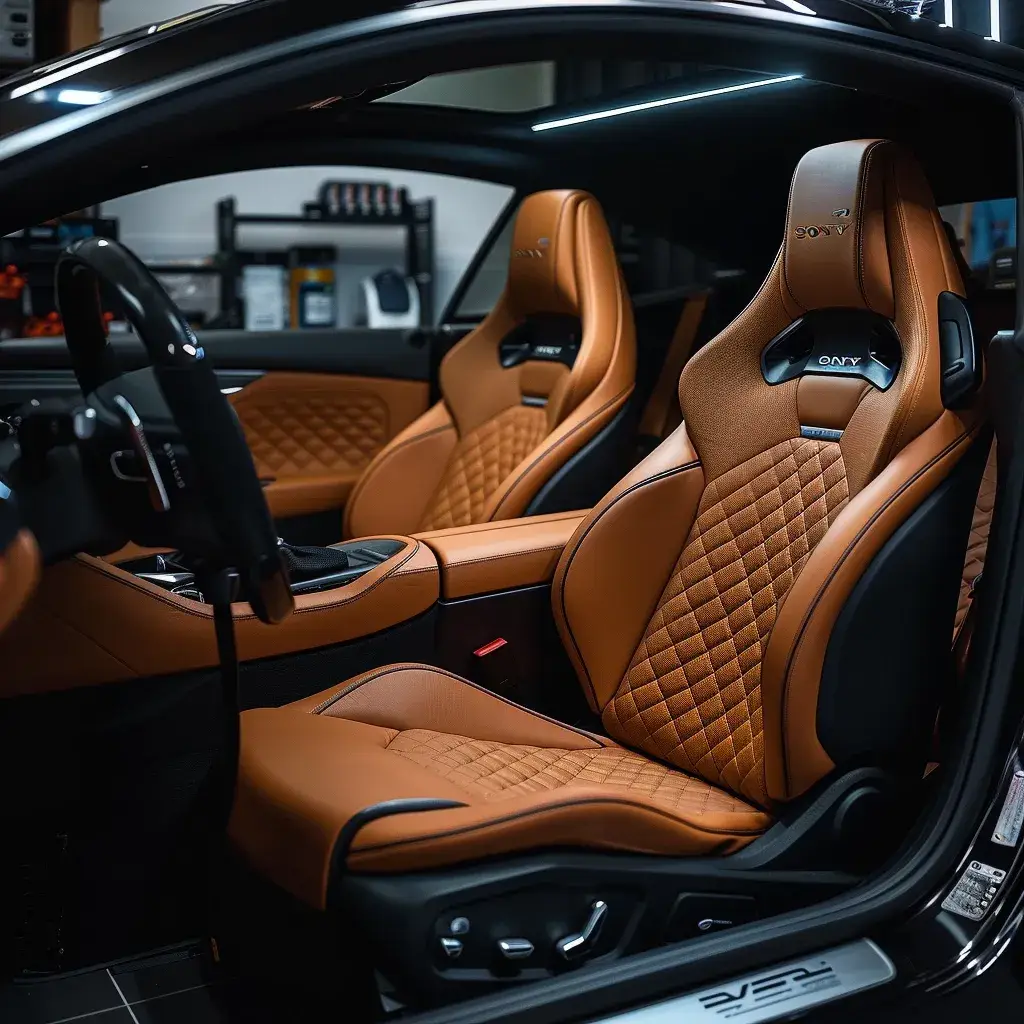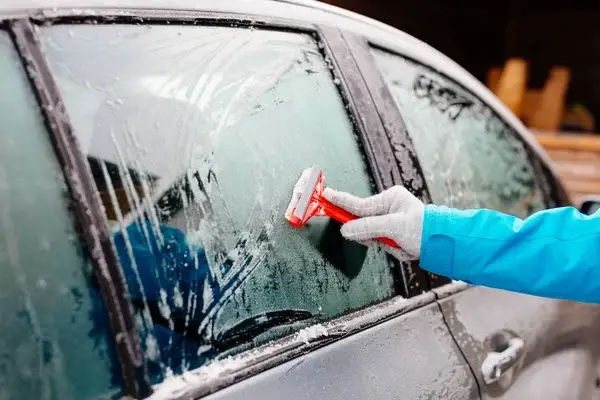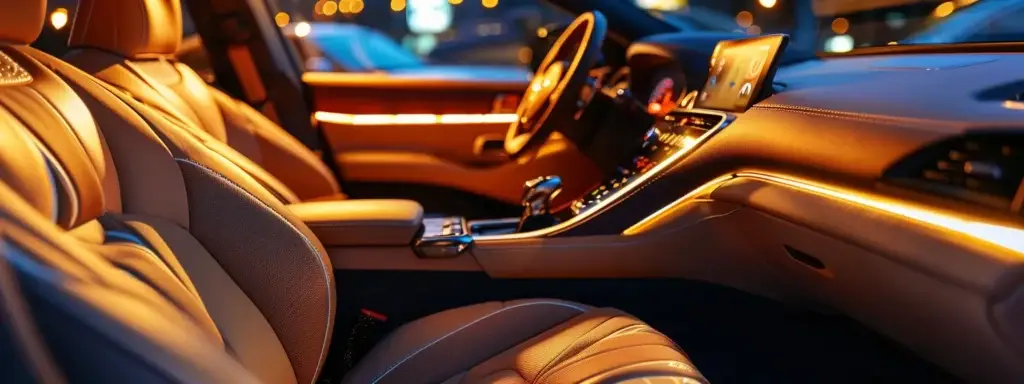- Mon - Fri: 8:00 AM - 4:00 PM / Sat: By Appointment / Sunday: Closed
- 0420 206 206
- Unit 41 / 566 Gardeners Rd, Alexandria NSW 2015
How to Remove Bat Poo from Your Car and Protect Your Paint with Ceramic Coating
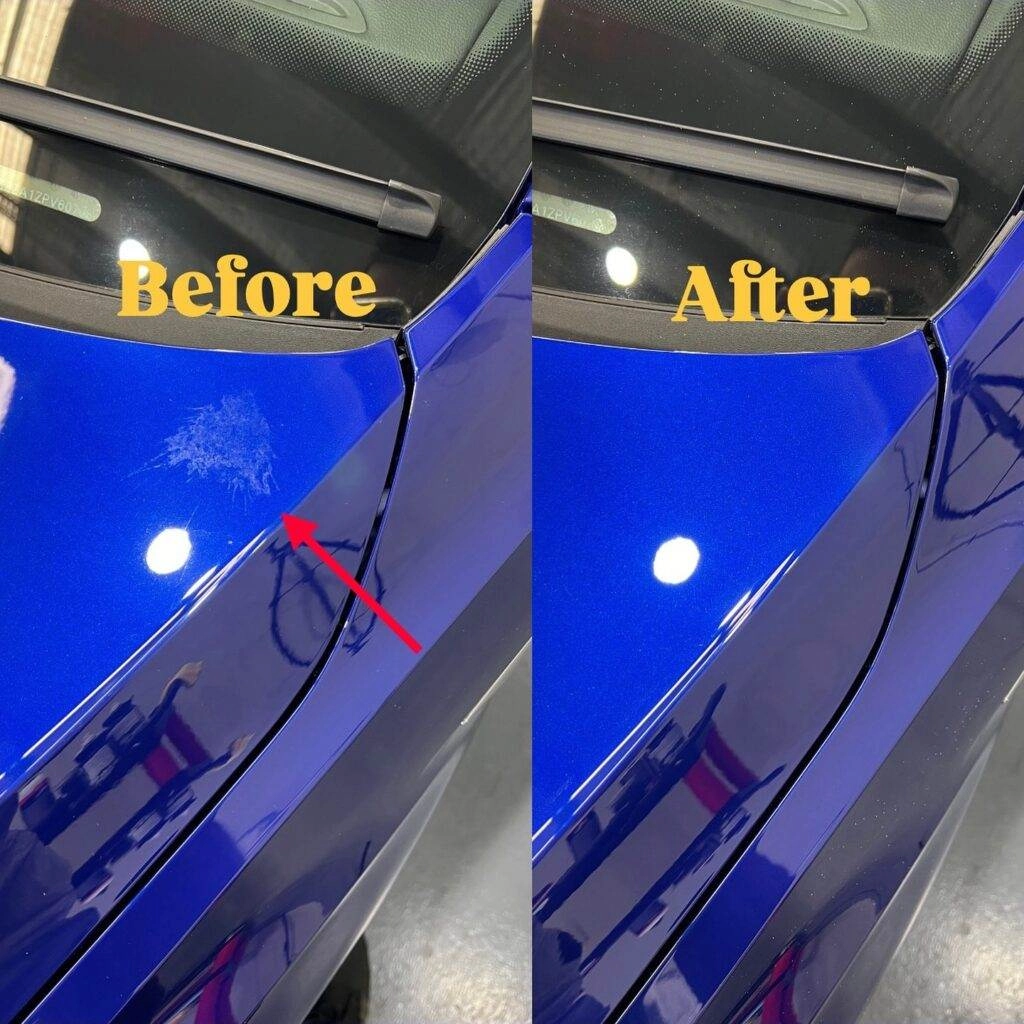
Jump to...
Discovering bat droppings on your car is an unpleasant surprise that can lead to costly paint damage if not addressed promptly. The acidic nature of bat poo can etch car paint, requiring extensive repairs if left untreated.
This guide provides practical steps for safely removing bat poo and other droppings from your car’s paintwork without causing further damage. We’ll also explore the protective benefits of ceramic coating, a preventative measure against such incidents, and share a real-life example of its effectiveness.
Effects of Bat and Bird Droppings on Car Paint
Acidic Nature of Droppings
Bat and bird droppings contain high levels of uric acid that can eat away at your car’s paintwork. While car paint is designed to withstand elements like air, wind, and rain, it’s not equipped to resist the corrosive nature of these droppings.
The damage doesn’t occur immediately upon contact. However, if the droppings are left untreated on your car’s surface, they begin to deteriorate the paint. The acidic content can etch through the clear coat, potentially causing permanent damage to your vehicle’s finish.
Long-term Damage
A recent case from one of our clients highlights how damaging bat droppings can be when left untreated. The client’s Toyota was parked outdoors overnight, and by the morning, acidic bat droppings had landed on the bonnet and roof. Within hours, the droppings began to eat into the car’s clear coat.
Despite the owner’s attempts to wash the affected areas with water the following day, the damage had already set in. The paintwork in the affected areas developed a frayed, cracked texture, indicating that the acid had etched through the protective layer.Even after fine-grit sanding and professional polishing, the acid etching remained visible in several spots. This serves as a clear reminder of how quickly environmental contaminants like bat droppings can compromise a vehicle’s paintwork, leading to potentially irreversible damage.
Preventative measures such as ceramic coating or paint protection film (PPF) could have prevented this outcome, providing a durable barrier against these harsh environmental elements. This case underscores the value of proactive paint protection in preserving both the appearance and value of your vehicle.
Secure Your Detail Now
Availabilities are limited. Make a booking today or call us to get started.
How to Remove Bat Poo from Your Car
Immediate Cleaning Techniques
When dealing with bat droppings on your car, quick action is essential to prevent paint damage. Start by gently wiping the affected area with a microfiber cloth if the droppings are still fresh.
For dry or hardened droppings, wet the affected area with warm, soapy water to soften the excrement. This makes it easier to remove without scratching the paint. You can also use plain soda water by pouring it on the droppings and letting the carbonation help break down the residue.
Specialty cleaning wipes designed specifically for removing bird and bat droppings offer another effective solution. Always clean your cloth after each wipe to avoid reapplying the excrement to your paintwork.
Avoiding Paint Damage
When removing bat droppings, never forcefully rub or scrub the affected area. Bat poo contains high levels of uric acid that can eat away at your car’s paintwork if not handled properly.
Work gently and methodically to prevent scratching. Use a soft microfiber cloth and avoid any abrasive materials that could damage the paint surface. If dealing with significant amounts of bat poop, wear protective equipment like a mask due to potential health risks.
For stubborn stains that have already begun to etch the paint, professional detailing services may be required to restore the affected area. The key is preventing permanent damage through prompt and proper cleaning techniques.
The Role of Ceramic Paint Protection
Ceramic coating creates a protective barrier on your car’s paint that helps shield against bat and bird droppings. This coating bonds directly with your car’s paintwork, forming a durable layer that resists acid etching and environmental damage.
Benefits of Ceramic Coating
Ceramic coating offers several key advantages for protecting your vehicle:
- Chemical Resistance: The coating creates a barrier that resists the acidic nature of bat and bird droppings, helping prevent immediate etching into your paint.
- Water Repellence: The hydrophobic properties make it easier to clean off droppings and other contaminants before they can cause damage.
- UV Protection: Beyond protecting against droppings, ceramic coating shields your paint from sun damage and oxidation.
- Enhanced Gloss: The coating adds a deep, high-gloss finish while providing protection against environmental elements.
Experience the Glosshaus Difference
Ride with confidence. Contact us now to schedule a professional detailing service.
Maintenance of Ceramic Coating
Proper maintenance helps ensure your ceramic coating continues providing optimal protection:
- Regular Washing: Clean your car regularly using pH-neutral car shampoo to prevent contaminant buildup.
- Prompt Cleaning: Remove any bat or bird droppings as soon as possible, even with ceramic coating protection.
- Periodic Inspections: Check the coating’s condition regularly for any signs of wear or damage that might need attention.
- Professional Assessment: Have your ceramic coating checked by professionals annually to ensure it maintains its protective properties.
Real-Life Example: Protecting a Volkswagen from Bat Poo with Ceramic Coating
What Happened?
One of our clients recently faced a common yet challenging situation. After parking their Volkswagen under a tree, they discovered that bat droppings had landed on the vehicle’s paintwork on their bonnet. Bat droppings are known for their highly acidic nature, capable of causing severe etching damage to unprotected surfaces within hours.
Fortunately, this Volkswagen had been treated with Glosshaus’s premium ceramic coating more than a year before the incident. This coating acted as a durable barrier, shielding the paintwork from permanent damage and making the droppings easier to clean without affecting the underlying paint.
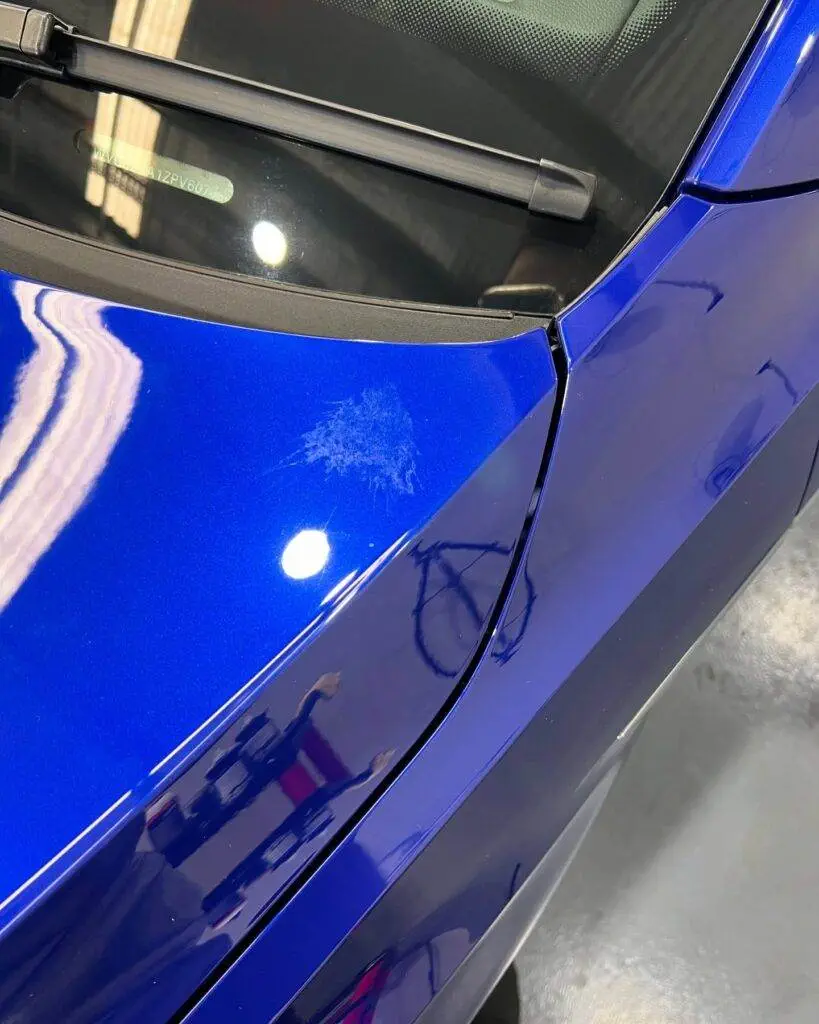
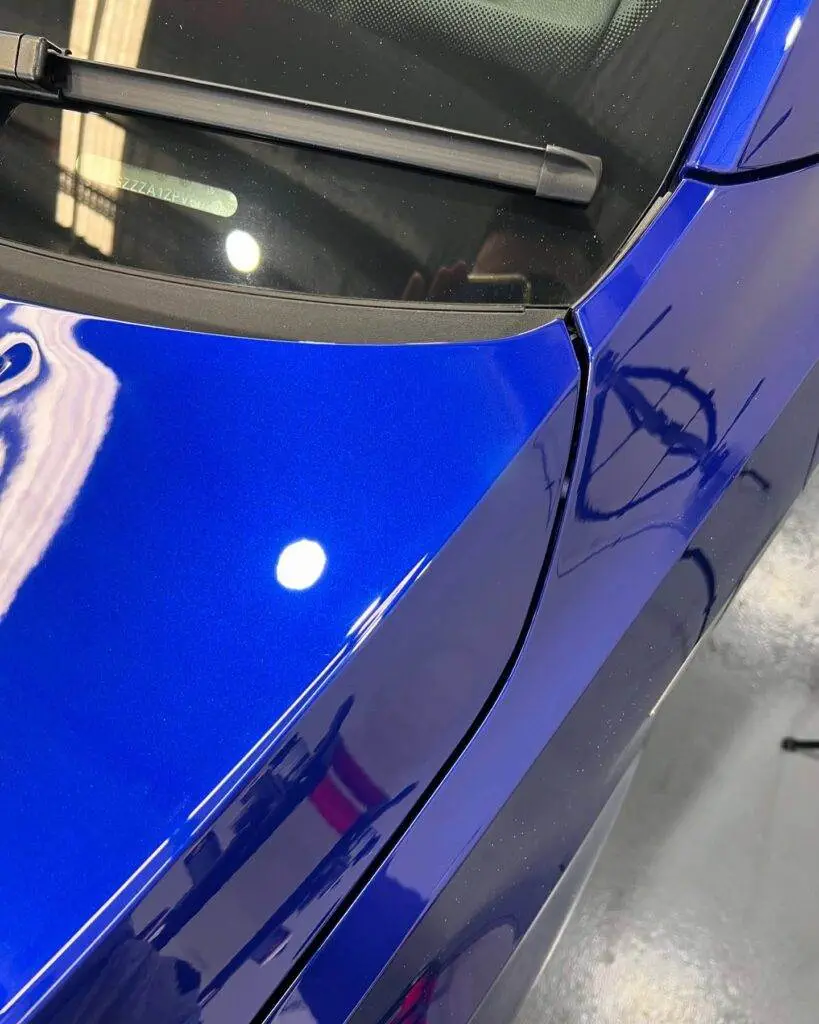
The Outcome
Thanks to the ceramic coating, the stains caused by the bat droppings were removed entirely through professional cleaning and polishing. Once the surface was restored, a fresh layer of ceramic coating was applied to maintain long-lasting protection.
This case is a prime example of how ceramic coating can safeguard a car’s paint from environmental hazards like bat droppings. Without this protective layer, the acidic nature of the droppings could have caused significant and costly damage.
Secure Your Detail Now
Availabilities are limited. Make a booking today or call us to get started.
Lessons Learned
This incident underscores the value of ceramic coating as a proactive measure to protect automotive paint. Environmental hazards like bat droppings are unpredictable and can quickly damage unprotected surfaces. By investing in a high-quality ceramic coating, our client avoided expensive repairs and preserved their vehicle’s appearance and value.
In addition to ceramic coating, another effective option for protecting automotive paint from bat droppings is paint protection film, as was the case with the BMW of one of our recent clients. This clear, durable film creates a barrier against scratches, rock chips, and other damage, providing an additional layer of defence for your vehicle. By combining ceramic coating with paint protection film, our clients can have peace of mind knowing that their vehicle is well-protected against any potential hazards.
Conclusion
This guide has outlined essential steps for maintaining your car’s appearance and protecting it from damage caused by bat and bird droppings. We’ve explored the detrimental effects of droppings on car paint, emphasising the importance of prompt cleaning. The guide also detailed effective cleaning methods, stressing the need for gentle techniques to avoid scratching the paintwork.
Ready to safeguard your vehicle from the damaging effects of bat and bird droppings? Contact Glosshaus Bespoke Detailing today to book your ceramic coating application. Leveraging our unparalleled expertise in paint protection, we provide professional application that ensures lasting protection, maintaining your car’s pristine appearance and value for years to come.
Frequently Asked Questions
Bat droppings should be removed from your car’s paintwork immediately to minimise the risk of damage. The acidic nature of bat droppings can etch car paint, especially if allowed to dry and bake in the sun.
While ceramic coating provides excellent protection against bat and bird droppings, it’s not foolproof. The coating itself can become stained or etched, but it effectively shields the underlying paint. Regular cleaning and occasional reapplication of the ceramic coating are essential for optimal protection.
Signs of paint damage from droppings include etching, a visible and often permanent mark where the acid has eaten into the clear coat. The affected area may appear dull, faded, or have a rough texture. In severe cases, the paint may crack or peel.
The frequency of ceramic coating reapplication depends on the specific product and environmental factors. Generally, professional assessment annually is recommended to determine if a fresh layer is needed.
Ceramic coating is a durable and long-lasting solution, but it’s not entirely permanent. While it bonds directly with the paint, it can wear down over time due to environmental exposure and requires occasional touch-ups or reapplication to maintain optimal protection.
While DIY ceramic coating kits are available, professional application is generally recommended for optimal results. Professionals have the expertise and equipment to ensure proper surface preparation and even application, maximising the coating’s protective properties.
Ceramic coating enhances a car’s appearance by adding a noticeable depth and shine to the paint. It creates a high-gloss finish that makes the car look newer and well-maintained.
Potential downsides of ceramic coating include the initial cost, which can be higher than traditional waxing, and the need for professional application for best results.
Table of Contents
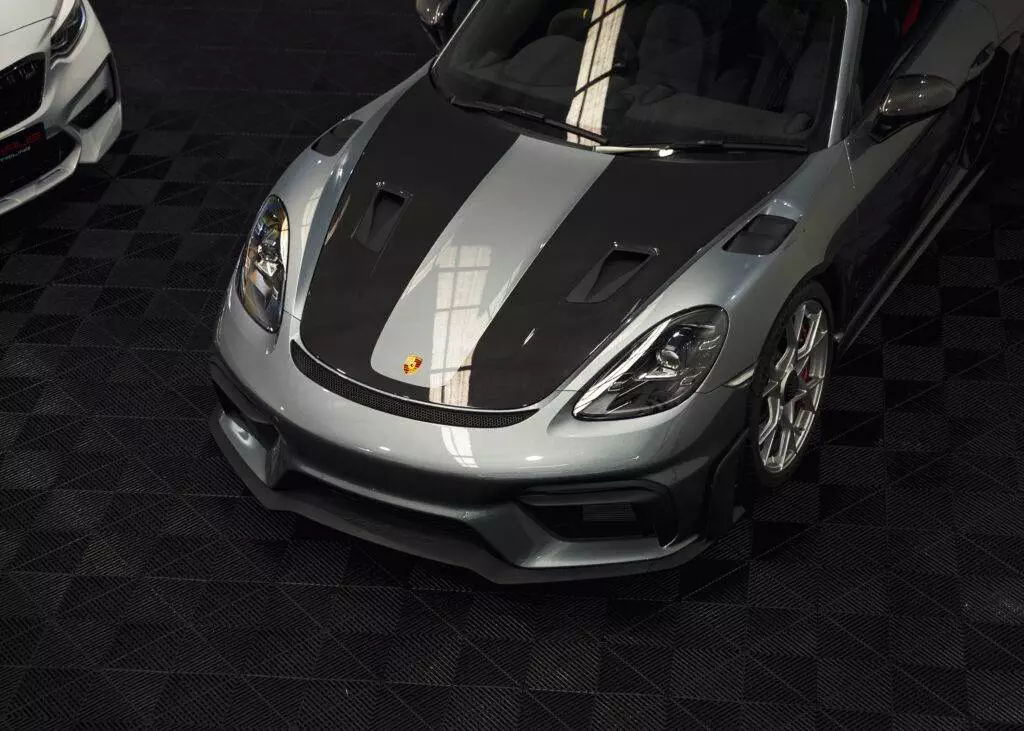
Ready to Shine?
Secure Your Detail Now
We provide 5-Star quality detailing,
Guaranteed
Recent Insights
Have you ever wondered what’s lurking in your car seats? Professional car seat cleaning is essential for maintaining a healthy, comfortable driving environment. This article
Is your car looking dull and neglected? A professional car wash offers more than just a quick rinse. This guide explores the key differences between
Car Detailing
Rediscover the joy of driving a flawlessly clean car.
New Car Protection
Protect your investment and keep your new car looking showroom-new.
Paint Protection Film (PPF)
Drive with confidence knowing your paint is shielded from everyday hazards.
Motorbike Detailing
Give your bike the specialised care it deserves for peak performance and head-turning shine.

